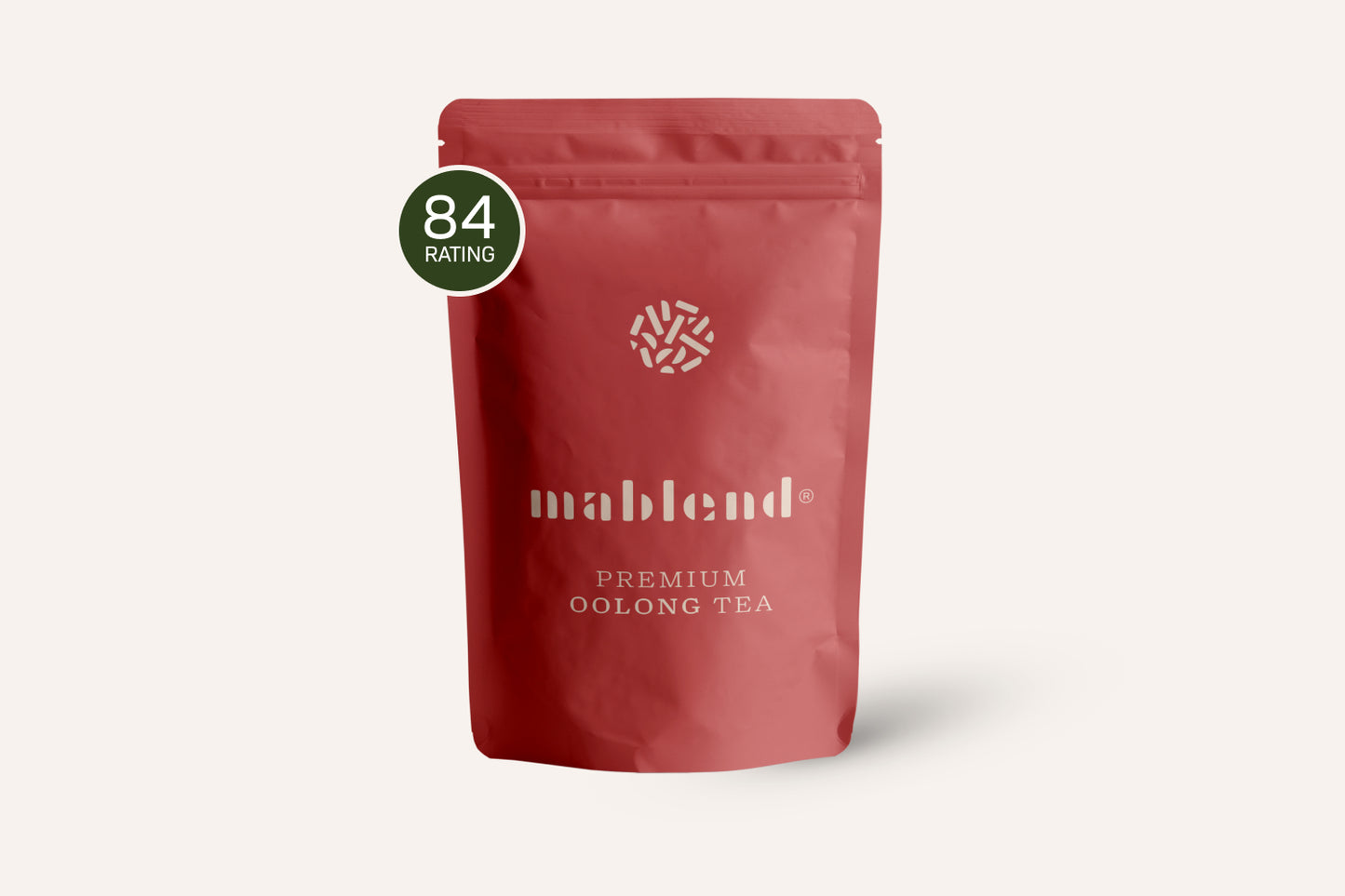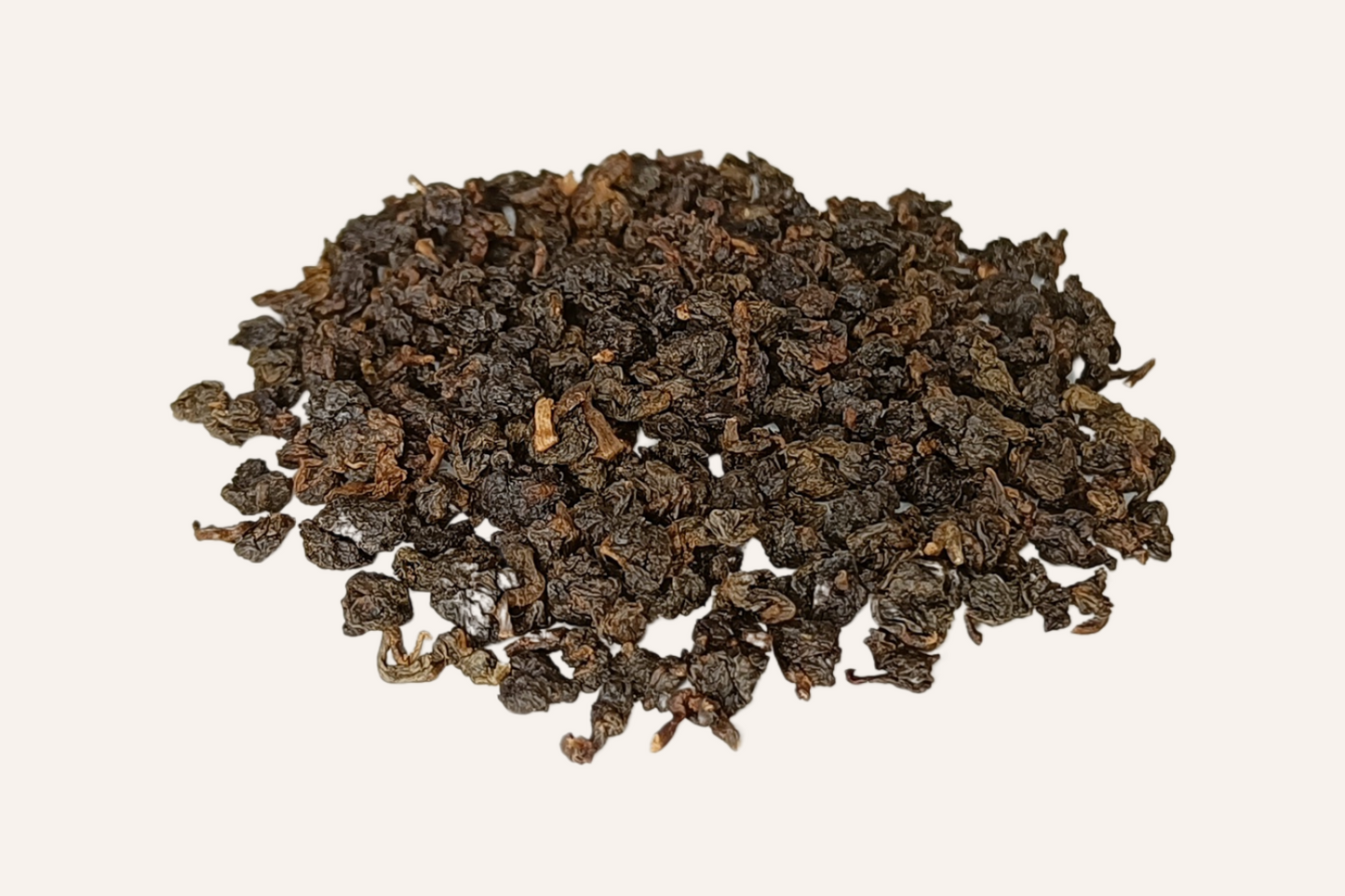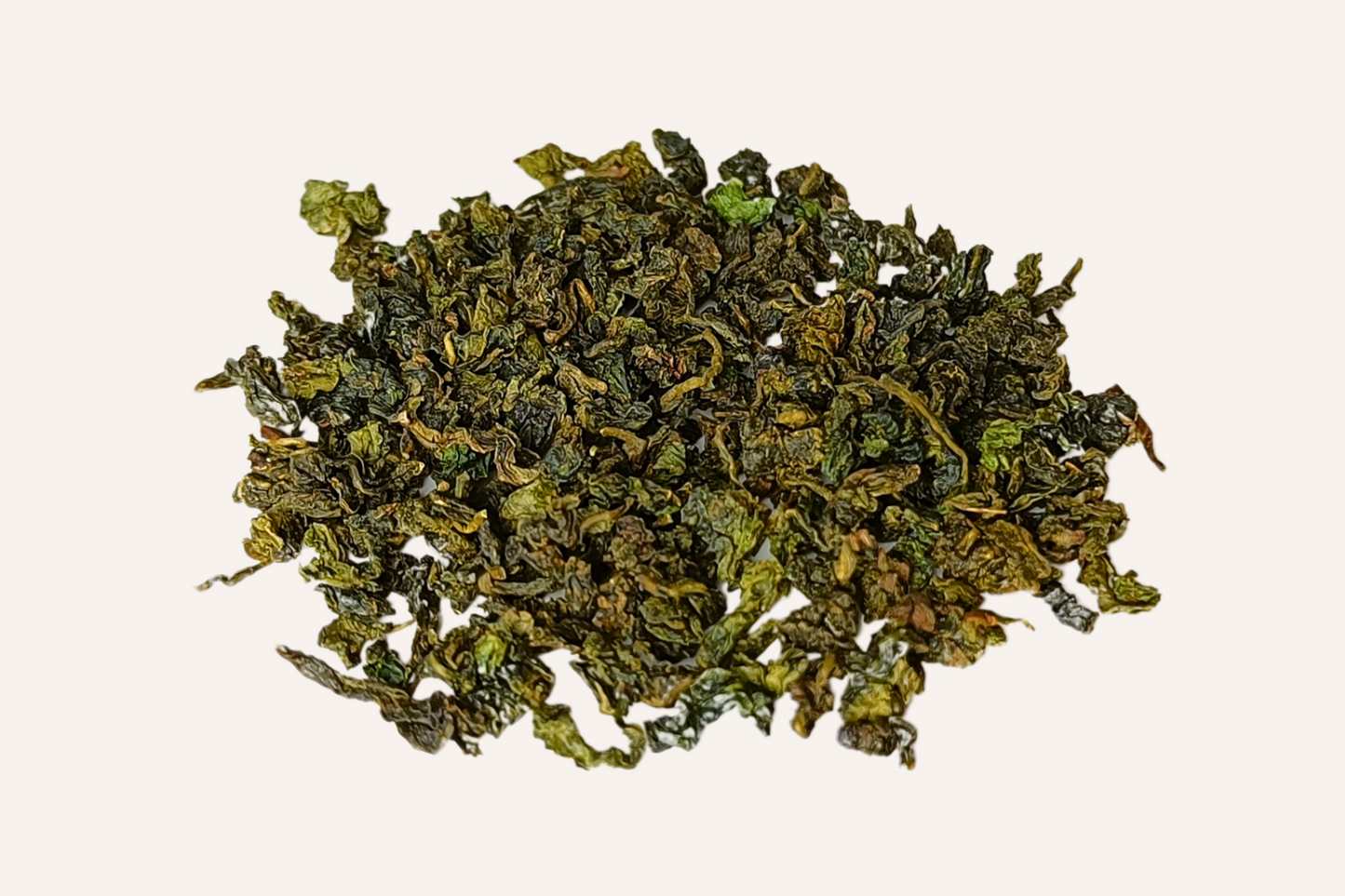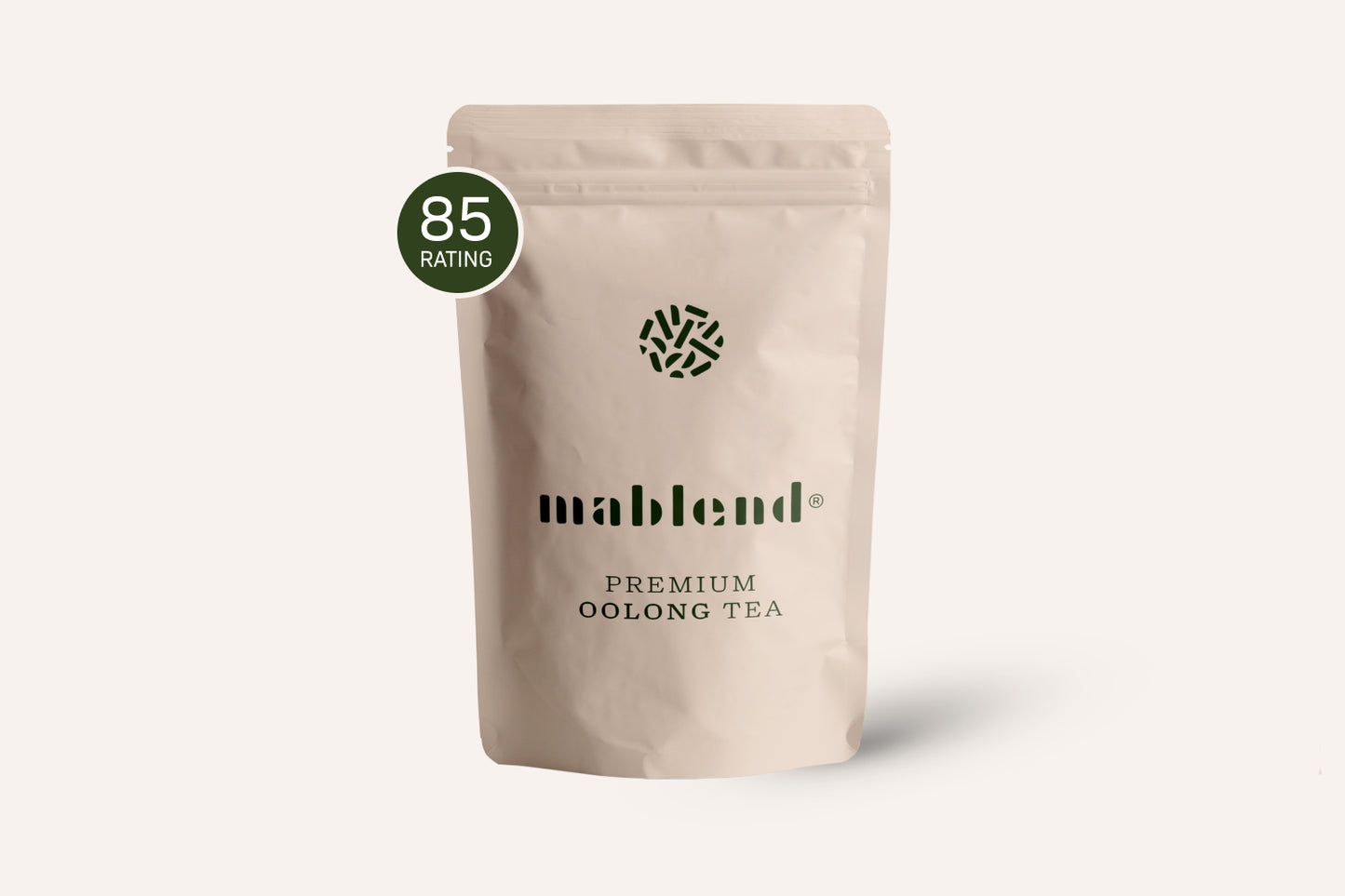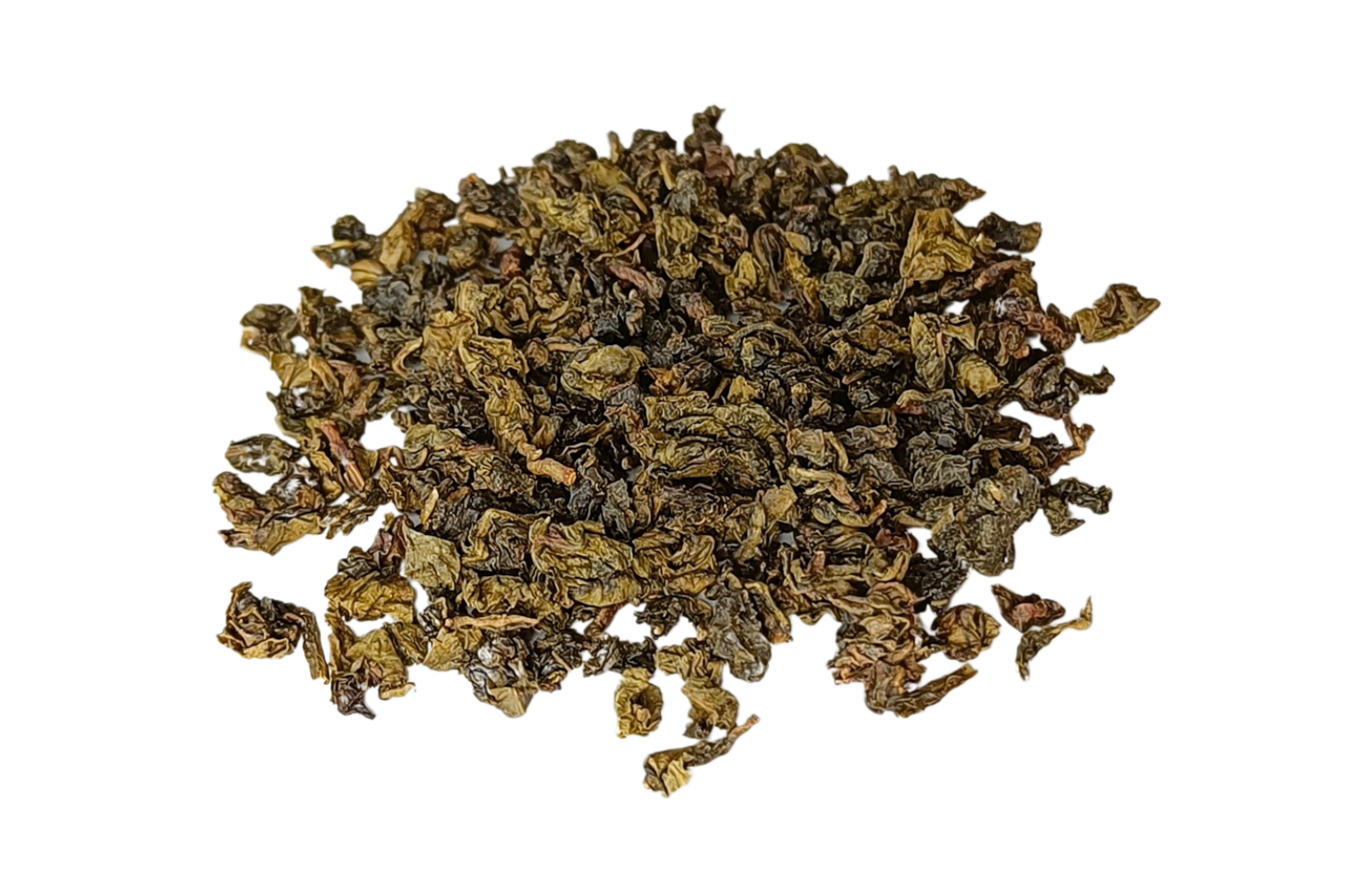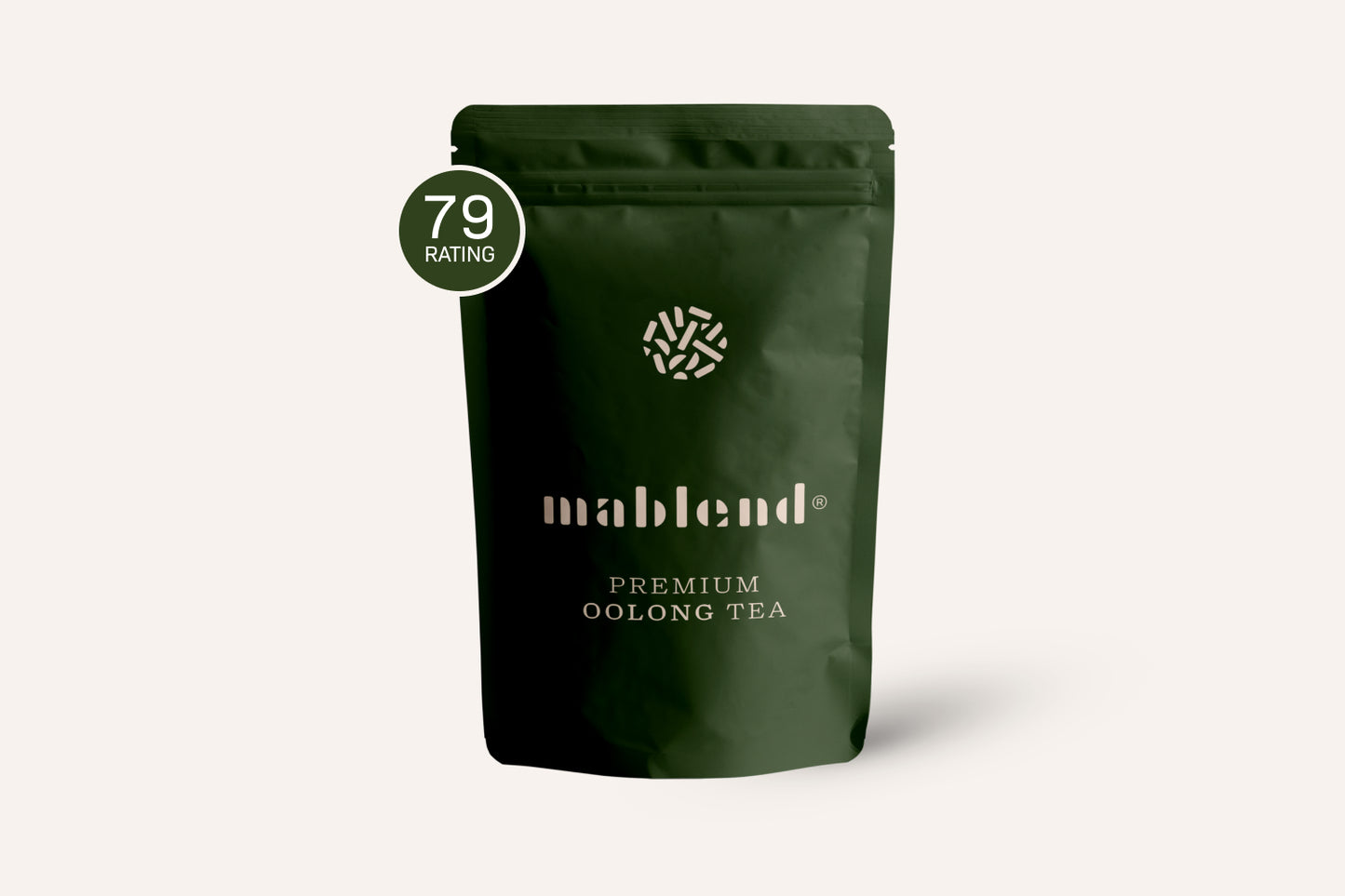Tea contains a blend of antioxidants, caffeine, minerals, and essential oils that together provide a unique taste and health benefits.
The Ingredients of Tea
Tea, one of the oldest and most widely consumed beverages in the world, is loved not only for its taste, but also for the complex blend of ingredients it contains. But what exactly is in those dried leaves that so many people cherish?
- Antioxidants One of the most prized components of tea are its antioxidants, especially catechins in green tea. Antioxidants help protect the body against free radicals, unstable molecules that can damage cells ( source ).
- Caffeine As previously mentioned, tea contains caffeine, a stimulant that can increase alertness and reduce fatigue. The amount of caffeine varies depending on the type of tea and the method of preparation.
- Tannins Tannins are polyphenols responsible for the slightly bitter and astringent taste of some teas. They can also affect the body's absorption of certain minerals.
- Essential Oils These oils are responsible for the aroma of tea. They are released during the brewing process and strongly influence the taste and smell of the tea.
- Minerals and Vitamins Tea leaves also contain a variety of minerals such as manganese, zinc and potassium. In addition, they contain vitamins such as vitamin C, B2 and folic acid.
- Amino acids Theanine is an amino acid that is mainly found in tea. It plays a role in producing a relaxed but alert feeling that many tea drinkers appreciate.
Antioxidants in Tea

Tea has long been known for its health benefits, and one of the main reasons for this is the presence of antioxidants. But what exactly are antioxidants and how do they contribute to our health?
What are antioxidants?
Antioxidants are molecules that neutralize free radicals in the body. Free radicals are unstable molecules that can damage cells and contribute to aging and diseases such as heart disease and cancer. By neutralizing free radicals, antioxidants help prevent cell damage and reduce the risk of certain diseases.
Catechins: the powerful antioxidants in green tea
Green tea is particularly rich in a group of antioxidants called catechins. The four main catechins in green tea are epicatechin (EC), epicatechin gallate (ECG), epigallocatechin (EGC) and epigallocatechin gallate (EGCG). Of these, EGCG is the most studied and considered the most effective and beneficial catechin in green tea ( source ).
Flavonoids in black and oolong tea
While green tea is rich in catechins, black and oolong teas contain another group of antioxidants called flavonoids. During the fermentation process, catechins in green tea are converted into theaflavins and thearubigins, which give black tea the characteristic color and flavor. These flavonoids also have powerful antioxidant properties.
Health benefits of antioxidants
The antioxidants in tea have numerous health benefits. They can help lower the risk of heart disease by improving cholesterol levels and reducing blood pressure.
They may also help reduce the risk of certain types of cancer, improve brain function and protect against neurodegenerative diseases such as Alzheimer's and Parkinson's. Additionally, antioxidants in tea may help reduce the risk of type 2 diabetes and promote weight loss.
Caffeine in Tea

Caffeine is a naturally occurring stimulant found in several plants, including tea leaves. It is one of the most consumed psychoactive substances in the world. In this chapter we delve deeper into the world of caffeine in tea.
What is Caffeine?
Caffeine is a central nervous system stimulant that can temporarily dispel drowsiness and increase alertness. It works by blocking the action of adenosine, a neurotransmitter that makes you sleepy.
How much caffeine is in tea?
The amount of caffeine in tea can vary depending on several factors such as the type of tea, processing and brewing time. In general, a cup of tea contains between 20 and 60 mg of caffeine. For comparison, a cup of coffee usually contains between 95 and 200 mg of caffeine ( source ).
- White tea : 15-30 mg per cup
- Green tea : 20-45 mg per cup
- Oolong tea : 30-50 mg per cup
- Black tea : 40-70 mg per cup
The effects of caffeine
Caffeine can have several effects on the body, including:
- Increased alertness: Caffeine can help you feel more awake and alert.
- Improved mood: It can also help improve your mood and reduce feelings of depression.
- Improved physical performance: Caffeine can increase the release of adrenaline in the blood, which can improve physical performance.
- Increased metabolism: It can also help increase metabolism and promote fat burning.
Side effects of caffeine
Although caffeine has many benefits, excessive consumption can lead to side effects such as insomnia, restlessness, stomach upset, fast heart rate and muscle tremors.
Caffeine sensitivity
Not everyone responds to caffeine in the same way. Some people are more sensitive to the effects of caffeine and may experience symptoms even with low to moderate intake. Genetics, age, and tolerance can all play a role in how someone responds to caffeine.
Tannins in Tea

Tannins are a group of polyphenolic compounds that occur naturally in many plants, including tea leaves. They are responsible for the slightly bitter and astringent taste of some teas. In this chapter we will explore the properties, benefits and considerations of tannins in tea.
What are tannins?
Tannins are water-soluble polyphenols that occur naturally in various plants. They tend to bind proteins, leading to the astringent feeling in the mouth after consuming foods or drinks rich in tannins ( source ).
Sources of tannins
In addition to tea, tannins can also be found in red wine, some fruits such as apples and pears, and in oak bark and other trees.
The role of tannins in tea
- Taste and mouthfeel: Tannins give tea its characteristic bitterness and astringency. They can enhance the taste of the tea and leave a drying sensation in the mouth.
- Color: Tannins can contribute to the dark color of certain teas, especially black tea.
Health benefits of tannins
- Antioxidant Properties: Like other polyphenols, tannins have antioxidant properties that can help neutralize free radicals in the body.
- Digestive Health: Tannins have astringent properties that can help treat diarrhea and other digestive problems.
- Heart health: There is some evidence to suggest that tannins may help lower blood pressure and improve overall heart health.
Considerations when consuming tannins
- Mineral absorption: Tannins can affect the absorption of certain minerals such as iron. People suffering from iron deficiency or other mineral deficiencies should be careful about consuming large amounts of tea.
- Sensitivity: Some people may be sensitive to tannins and may experience stomach upset after consuming tea or other tannin-rich foods.
Essential Oils in Tea

Essential oils in tea are the volatile organic compounds that contribute to the unique aroma and flavor of each type of tea. They play a crucial role in the sensory experience of drinking tea and also have several health benefits.
What are essential oils?
Essential oils are concentrated liquids that contain the natural aromas and flavors of plants. They are often used in aromatherapy and traditional medicine for their therapeutic properties ( source ).
The role of essential oils in tea
- Aroma and taste: The essential oils in tea are responsible for the tea's distinctive aroma and taste. They are released during the brewing process and strongly influence the taste and smell of the tea.
- Therapeutic properties: Some essential oils in tea have calming, stimulating or anti-inflammatory properties.
Main essential oils in tea
- Linalool: One of the most common essential oils in tea, especially in oolong and black tea. It has a floral aroma and is associated with calming effects.
- Geraniol: Gives a rose-like scent and is often found in black and green tea.
- Nerol: Has a sweet, citrusy aroma and is often associated with refreshing and calming effects.
Health benefits of essential oils in tea
- Stress reduction: Many essential oils in tea, such as linalool, have calming effects that can help reduce stress and anxiety.
- Digestive Support: Some essential oils can help promote healthy digestion and reduce stomach upset.
- Anti-inflammatory properties: Several essential oils in tea have anti-inflammatory properties that can help reduce inflammation in the body.
Considerations when consuming essential oils
Although essential oils in tea are generally considered safe, it is important to remember that they can be powerful in concentrated form. Excessive consumption of tea can lead to excessive intake of some essential oils, which can have unwanted side effects.
Minerals and Vitamins in Tea

Tea is not only a source of antioxidants and essential oils, but it also contains a range of minerals and vitamins that contribute to the overall health benefits of the drink.
Most important minerals in tea
- Manganese: An essential mineral that aids in bone formation and the metabolism of amino acids, carbohydrates and cholesterol. Tea, especially black tea, is a rich source of manganese.
- Potassium: Helps regulate blood pressure and is essential for the proper functioning of muscles and nerves. Green tea contains significant amounts of potassium.
- Zinc: A mineral important for the immune system and wound healing. White tea is known for its higher zinc content compared to other types of tea.
- Fluoride: Tea leaves naturally absorb fluoride from the soil. This mineral helps strengthen teeth and prevent cavities.
Vitamins in tea
- Vitamin C: Although the amount of vitamin C in tea can vary, some teas, such as white tea, contain this vitamin that helps with iron absorption and supporting the immune system ( source ).
- Vitamin B2 (Riboflavin): A vitamin that helps convert food into energy and maintain healthy skin and eyes.
- Folic acid: Important for the formation of DNA and other genetic materials. Green tea is a good source of folic acid.
Health benefits of minerals and vitamins in tea
- Bone Health: Manganese in tea supports bone structure and function.
- Heart health: Potassium helps regulate blood pressure, which can contribute to a healthy heart.
- Immune support: Zinc and vitamin C in tea can strengthen the immune system and help fight infections.
Considerations when consuming minerals and vitamins from tea
Although tea is a source of several minerals and vitamins, it is important to have a balanced diet to ensure you get all the essential nutrients. Tea can be a supplemental source, but should not be considered the primary source of these nutrients.
Amino Acids in Tea

Amino acids are the building blocks of proteins and play a crucial role in almost every biological process in the body. Tea, especially green tea, contains several amino acids that contribute to its unique taste and health benefits.
Theanine: The prominent amino acid in tea
- What is Theanine? Theanine, also known as L-theanine, is an amino acid mainly found in tea leaves ( source ) and some mushrooms. It is known for its relaxing effects without causing drowsiness.
- Effects on the Brain: Theanine may affect the levels of certain neurotransmitters in the brain, such as serotonin and dopamine, which can lead to improved mood, relaxation and cognitive function.
- Collaboration with caffeine: When consumed in combination with caffeine, such as in tea, theanine can help soften the stimulant effects of caffeine, resulting in calm alertness.
Other amino acids in tea
Although theanine is the most prominent amino acid in tea, tea also contains other amino acids such as arginine, asparagine and glutamine.
- Arginine: Known for its role in the production of nitric oxide, a molecule that helps expand blood vessels and improves blood flow.
- Asparagine: Plays a role in the synthesis of other amino acids and is involved in energy production in cells.
- Glutamine: Supports immune and intestinal health and is also involved in the production of other amino acids.
Health benefits of amino acids in tea
- Stress Reduction: Theanine can help reduce stress and anxiety by promoting relaxation without drowsiness.
- Cognitive support: The combination of theanine and caffeine in tea can improve cognitive functions such as attention and memory.
- Immune system support: Amino acids such as glutamine are essential for the proper functioning of the immune system.
Considerations when consuming amino acids from tea
Although tea is a good source of certain amino acids, it is important to have a balanced diet rich in protein to ensure you get all the essential amino acids.
Flavonoids in Tea
Flavonoids are a group of polyphenols responsible for the color and flavor of many plants, including tea. They are also known for their potential health benefits, especially their antioxidant properties.
What are Flavonoids?
- Definition: Flavonoids are a class of secondary plant metabolites that have a wide range of structures and functions. They are divided into several subgroups, including flavonols, flavones, isoflavones and anthocyanidins ( Nutrition Center ).
- Role in plants: Flavonoids help protect plants against harmful UV radiation, pathogens and herbivores. They also play a role in pollination by attracting pollinators with their vibrant colors.
Occur in Tea
- Types of flavonoids in tea: The most common flavonoids in tea are catechins, theaflavins and thearubigins. Green tea is known for its high content of catechins, while black tea is rich in theaflavins and thearubigins.
- Influence on taste and color: Flavonoids contribute to the bitterness, astringency and color of tea. The oxidation of catechins during black tea production leads to the formation of theaflavins and thearubigins, which contribute to the dark color and rich flavor of black tea.
Health Benefits of Flavonoids
- Antioxidant Properties: Flavonoids are powerful antioxidants that neutralize free radicals in the body, reducing cellular damage.
- Heart health: Regular consumption of flavonoids from tea may reduce the risk of heart disease by improving blood vessel function and lowering blood pressure.
- Support brain function: There is some evidence that flavonoids may have neuroprotective effects and help improve cognitive function.
Considerations When Consuming Flavonoids from Tea
- Preparation method: The way tea is prepared, such as brewing time and temperature, can influence the amount of flavonoids in the final product.
- Drug Interactions: Although flavonoids are generally considered safe, it is important to consider possible drug interactions. Always consult a doctor before consuming large amounts of tea, especially if you are taking medications.
Conclusion
Tea is a treasure trove of components such as catechins, tannins, amino acids and minerals. Each of these components contributes to the tea's unique taste, aroma and health benefits. Whether it's the soothing effects of theanine or the metabolic boost of caffeine, tea's ingredients work synergistically to provide a holistic experience.
The importance of understanding the ingredients for an optimal tea experience:
By understanding the ingredients of tea, we can not only choose the best teas to suit our tastes and health needs, but also optimize the preparation method to get the most out of the tea leaves. Whether you're a seasoned tea drinker or just beginning your tea journey, knowing what's in your cup can enrich the appreciation and experience of this age-old beverage.
In a world where we are constantly looking for natural and healthy alternatives, tea remains a timeless choice that offers both comfort and well-being. So the next time you make a cup of tea, take a moment to reflect on the rich tapestry of ingredients dancing in your cup and savor every sip.
Frequently Asked Questions about Tea
What does tea do to your body?
Tea can have different effects on the body depending on the type and preparation. Overall, tea can aid digestion, boost metabolism, increase alertness and provide antioxidants that protect cells from damage.
Why is there caffeine in tea?
Caffeine is a naturally occurring substance in the tea plant, Camellia sinensis. It acts as a natural insecticide for the plant and protects it from harmful insects. For humans, caffeine can increase alertness and reduce fatigue.
Which tea contains caffeine?
All teas that come from the Camellia sinensis plant contain caffeine. This includes green tea, black tea, white tea and oolong tea. The amount of caffeine may vary depending on the type of tea and the method of preparation. Herbal teas, such as chamomile or mint, generally do not contain caffeine unless they are blended with tea leaves.
Which tea can you drink all day long?
It is safe to drink most teas throughout the day, but it is good to consider the caffeine content. Herbal teas without caffeine, such as chamomile, peppermint and rooibos, are ideal for unlimited consumption. Green tea has a lower caffeine content than black tea, but it is still recommended to limit intake to 3-4 cups per day depending on caffeine sensitivity.
